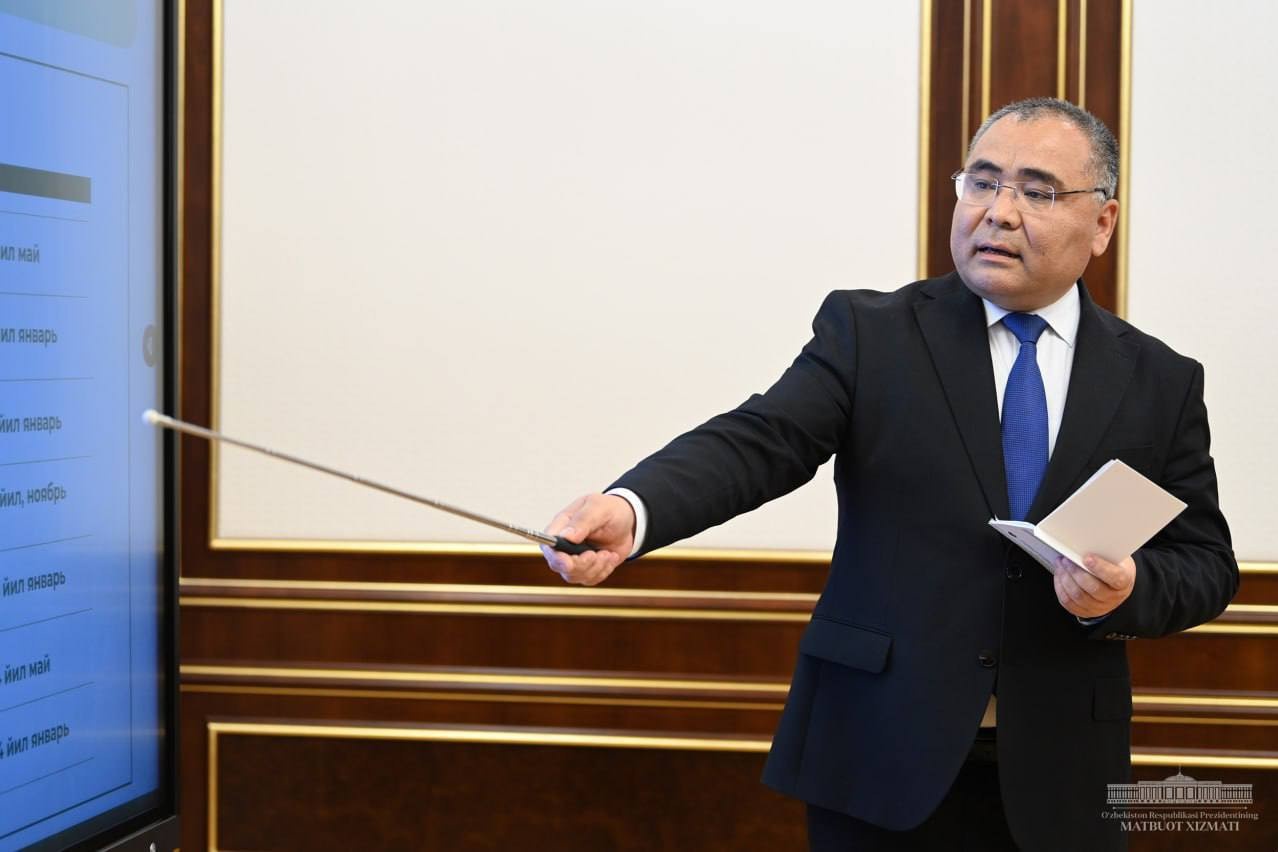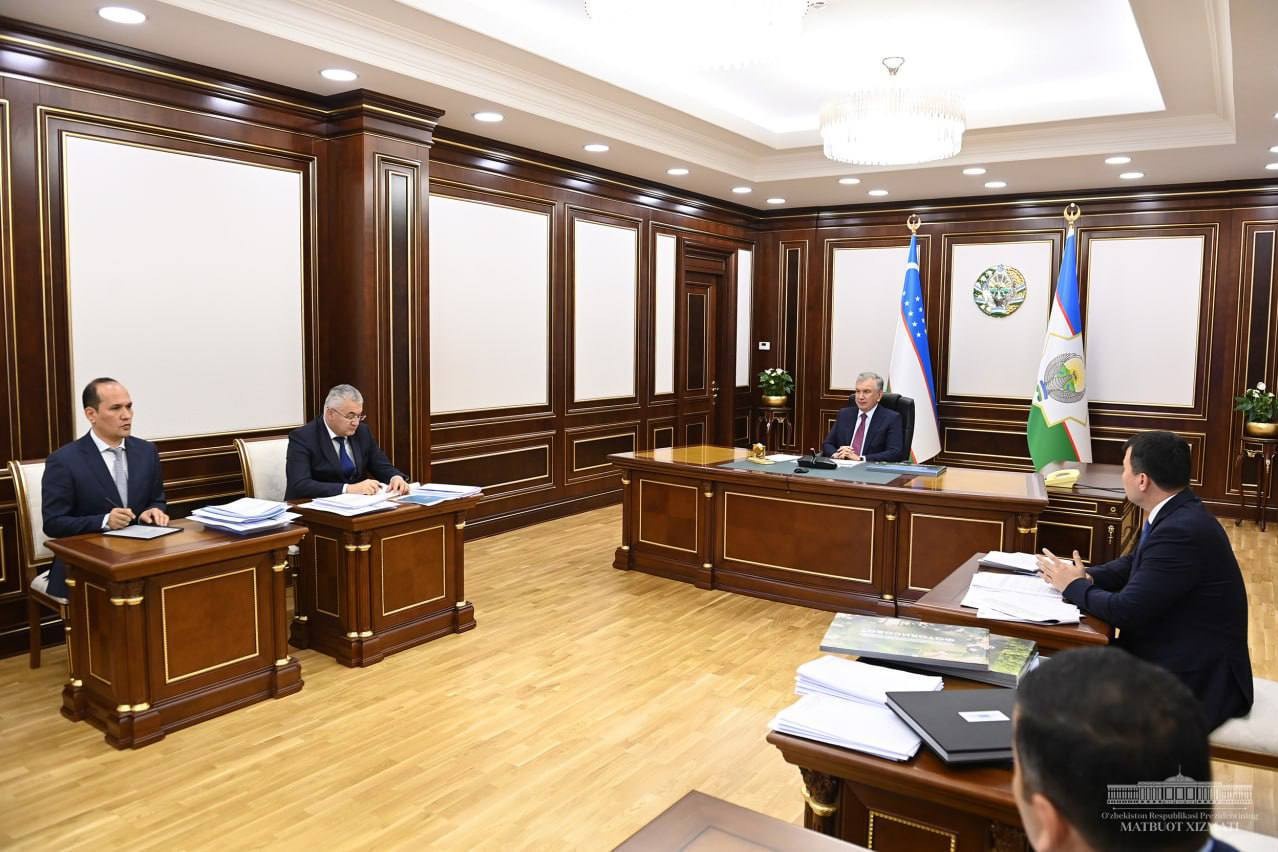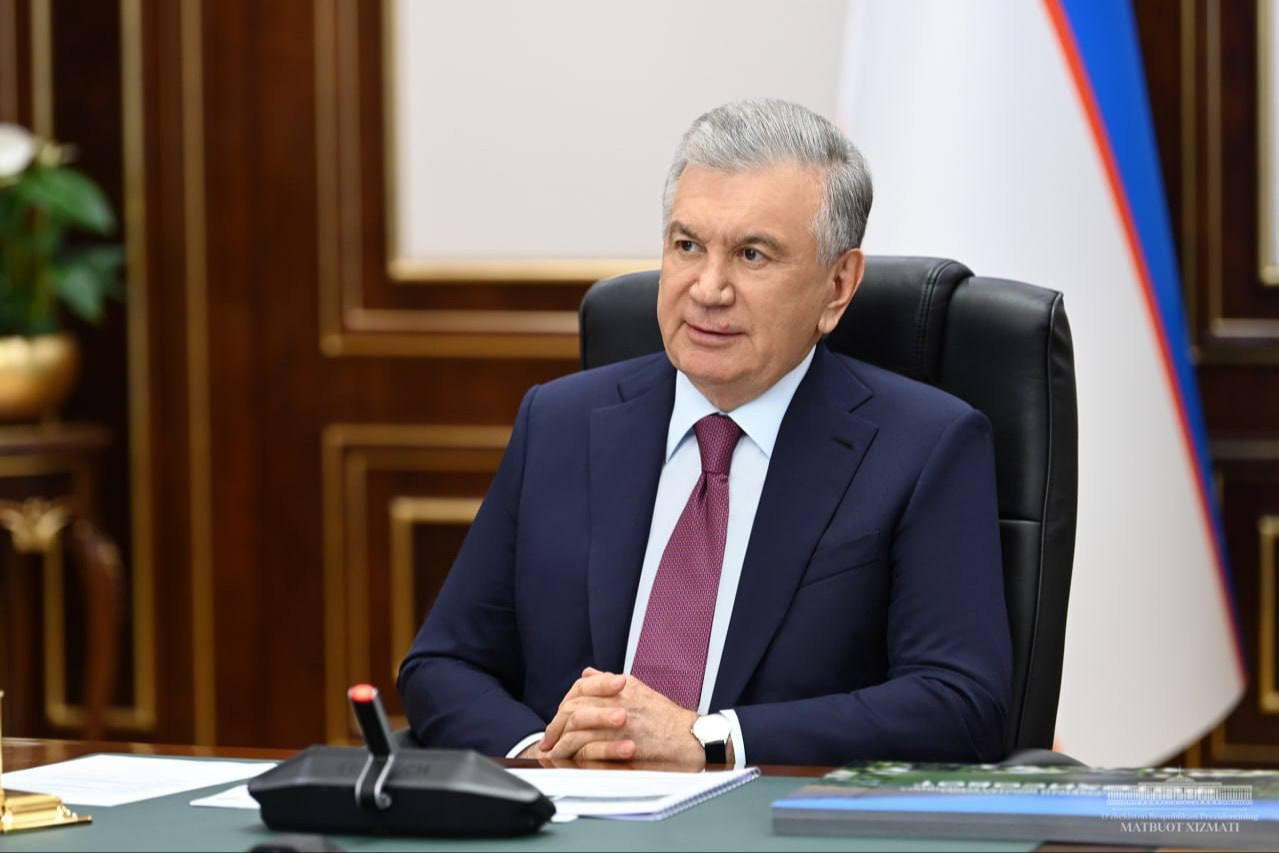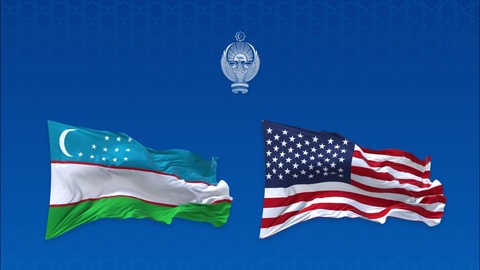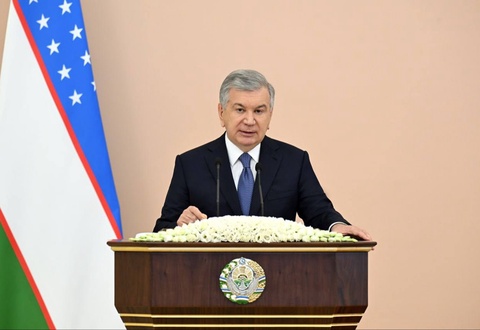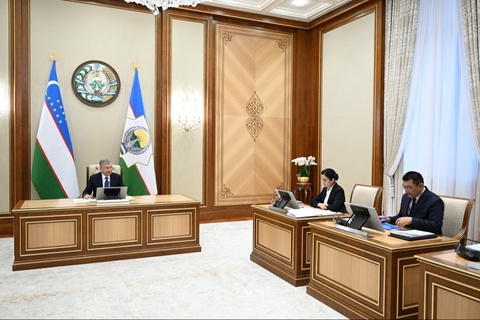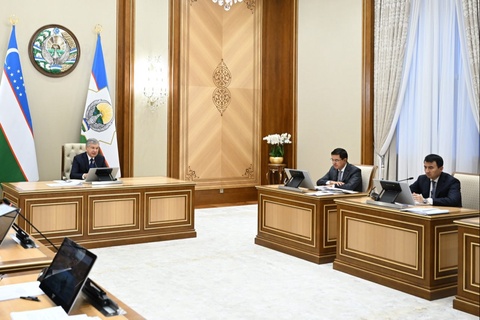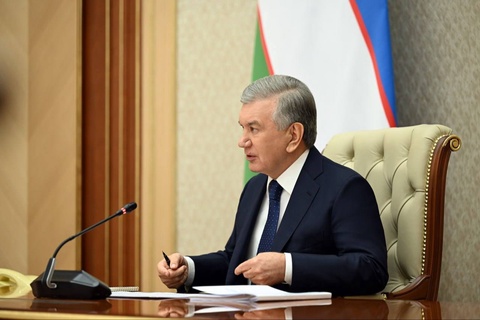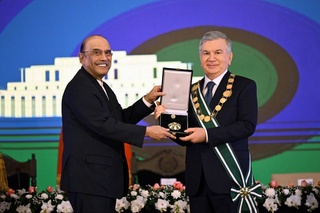In Uzbekistan, 3 million hectares of pastures and agricultural land have been degraded, and approximately 2 million hectares are salinized to varying degrees. According to foreign experts, by 2030, water resources in our region could be reduced by almost 6 percent due to climate change. Action must be taken now.
In this regard, a 52-paragraph national program has been developed to adapt agriculture to climate change and mitigate its impact. The program’s activities are expected to attract more than $294 million in grant funds.
In particular, in the Aral Sea region, the condition of 1 million hectares of agroecological landscapes and degraded pastures will be improved. Protective forest belts will be created in the Republic of Karakalpakstan and in Khorezm, Bukhara, and Kashkadarya regions. In areas with poor water supply, the cultivation of plants such as licorice, rose hips, sesame, and brine shrimp will be established.
A center will be created to analyze and forecast climate change, and agrometeorological stations will be installed in five regions. In addition, in cooperation with Italy, the International Center for Intensive Seed Growing and Nursery Growing, a farm for growing seedlings of plants resistant to drought and salinity, will be organized. Water-saving technologies adapted to local conditions will be produced in Karakalpakstan.
The issue of water conservation is especially relevant in the areas along the lower reaches of the Amudarya. Therefore, in accordance with another document prepared, subsidies for the costs of laser leveling lands in Karakalpakstan are planned. Thus, grain and rice producers will receive subsidies from the state budget to cover up to 100 percent of the cost of fuel and lubricants for each hectare leveled using a laser level.
This order will cover the Turtkul, Beruniy, and Amudarya districts in the first stage. As a result, 5-7 centers are expected to increase yield, and 15-20 percent of water consumption will be reduced.
Plans for the effective use of land plots of the Institute of Horticulture, Viticulture and Winemaking named after Academician M. Mirzayev were also presented.
In particular, 142 hectares of land at the Bandykhan Scientific Experimental Station will be re-introduced into circulation. Modern water-saving technologies will be installed on 300 hectares, and the cultivation of export-oriented fruits and grapes will be established.
At the Navoi Scientific Experimental Station in Qiziltepa district, a farm for growing grape seedlings will be organized with the import of varieties from France and other countries. Energy-saving pumping units and transformers will be installed at both stations to improve water supply.
Greenhouses are especially important in ensuring uninterrupted supplies of agricultural products. In recent years, the area of greenhouses has increased by 2.6 times, and the production volume has increased by more than three times. This industry employs 80 thousand people permanently and 70 thousand on a seasonal basis.
To increase the efficiency of greenhouse farms, it is proposed to reimburse them 50 percent of the costs of attracting qualified foreign agronomists, entomologists, and laboratory specialists, as well as up to 20 percent of the costs of purchasing a coal boiler.
The Head of state always sets tasks for the scientific development of the industry. In this regard, it was proposed to organize the activities of the Research Institute of Fiber Crops.
The institute will conduct research in new areas of fiber crops. Based on their results, new technologies and equipment will be introduced into the field. Effective communication between science and production will increase the profitability of cotton and textile enterprises. Products obtained from cotton, hemp, and flax will comply with international standards.
The President instructed on finalizing proposals, ensuring the targeting and effectiveness of measures taken.


